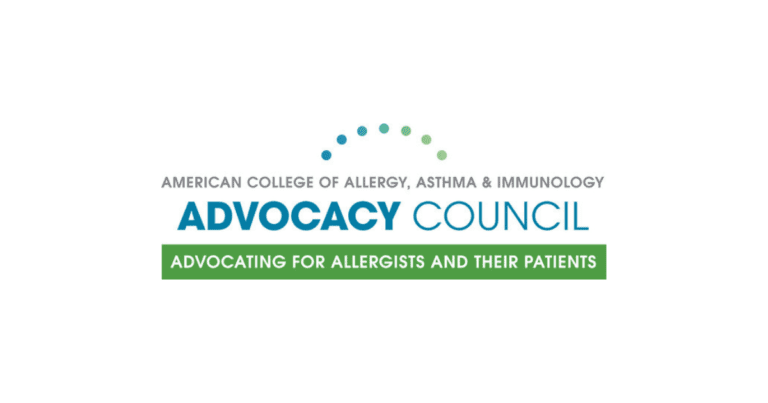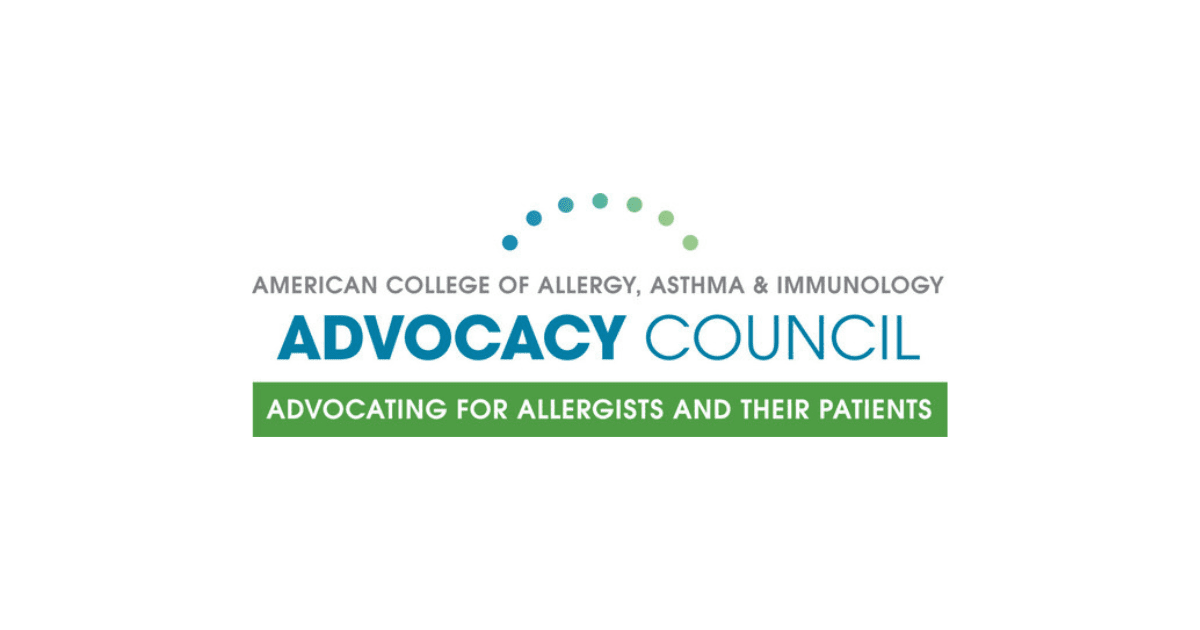On Tuesday, Dec. 20, Congress released the 2023 omnibus appropriations bill, which funds the federal government through September 30, 2023. This bill addresses Medicare reimbursement and extends certain telehealth coverage policies. The bill has not yet been enacted into law, but Congress is expected to pass it this week.
Allergists were previously facing Medicare payment cuts of up to 8.5%, but under the budget bill, allergists will incur a 2% Medicare payment cut in 2023. The ACAAI and other medical associations strongly advocated for a payment increase under the Medicare physician fee schedule through the end of 2023 – but if passed, reimbursement rates will be reduced instead by 2%. Here’s a breakdown of the cuts – and those that were averted.
- PAYGO statute cuts of 4% were averted.
- Medicare conversion fee schedule cuts of 4.5% (due to expiration of the one-time 3% bonus plus the 1.5% budget neutrality adjustment) were reduced to cuts of 2%.
- The bill does not provide relief from the 2% Medicare sequestration reduction. This cut, which fully resumed on July 1, 2022 after a temporary pause during the pandemic, will continue in 2023.
There’s good news on the telehealth front. Under the 2023 Medicare Physician Fee Schedule final rule, CMS extended the time that certain services are temporarily included on the Medicare Telehealth Services List due to the public health emergency (PHE) for 151 days following the end of the PHE. The budget bill expands access to telehealth by extending these COVID-19 telehealth flexibilities through December 31, 2024. The flexibilities include the geographic requirement and originating site requirement.
Additionally, for allergists participating in an APM, the bill provides a 3.5% Advanced APM Incentive Payment in 2023. The Advanced APM Incentive Payment (which was originally 5%) was set to expire after 2022.
Many thanks to those of you who sent letters to your congresspeople and supported the College’s advocacy efforts. Your advocacy made a difference! Advocating for fair and appropriate Medicare payments for allergists will continue to be one of the Advocacy Council’s top priorities in the year ahead.




